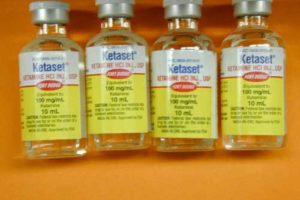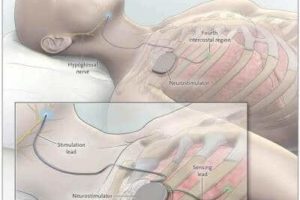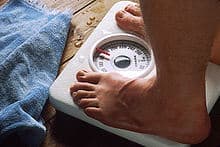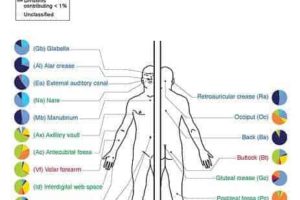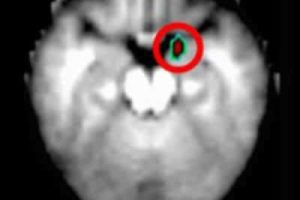university of pittsburgh school of medicine
Study finds carbon monoxide has therapeutic benefits
Exposing rats to low levels of carbon monoxide (CO) prior to aorta transplantation prevents arteriosclerosis associated with chronic organ rejection and can also suppress stenosis after balloon-angioplasty-induced carotid artery injury, according to a study published in the Feb. 1 edition of Nature Medicine. The article is published online today.
“These findings demonstrate a significant protective role for CO in vascular injury and support its use as a therapeutic agent,” according to study author Leo Otterbein, Ph.D., research assistant professor, University of Pittsburgh School of Medicine, division of pulmonary and critical care medicine.
Army team testing ‘breathing’ catheter; bypasses lungs to supply oxygen
Researchers from the University of Pittsburgh Medical Center are partnering with U.S. Army scientists to evaluate the merit of the experimental Hattler Respiratory Catheter for use in battlefield medicine ? particularly as a possible treatment for lung injuries sustained in biochemical attacks. Made up in part of a tightly bound fabric of microporous polypropylene hollow-fiber membranes, the catheter is inserted temporarily through a vein into the leg or neck and threaded into a major vein near the heart called the vena cava. Early tests show that it can substitute 40 percent to 60 percent of a patient?s compromised lung function.
Gene therapy appears to help cancer pain
It’s one of those stories that simultaneously gives great hope but also a little dread. Researchers in Pennsylvania say they’ve successfully stimulated the production of a pain-blocking protein in mice by using a modified herpes virus to attach the appropriate genes onto the animals’ DNA. That’s potentially terrific news. If the same technique held true in humans, it could offer a new way to treat the devastating pain associated with some forms of cancer, such as bone cancer. Of course, a hell of a lot of mice were bred specifically develop the extremely painful bone tumors, just so the technique could be tested. It’s no doubt a necessary sacrifice, but one that shouldn’t be overlooked entirely. You don’t have to be a wacko member of PETA to spare a thought for the millions of mice and other lab animals that are sacrificed each year so humans can live healthier lives.

